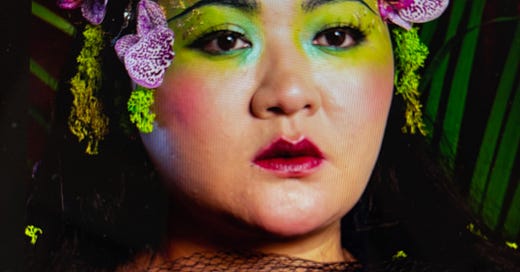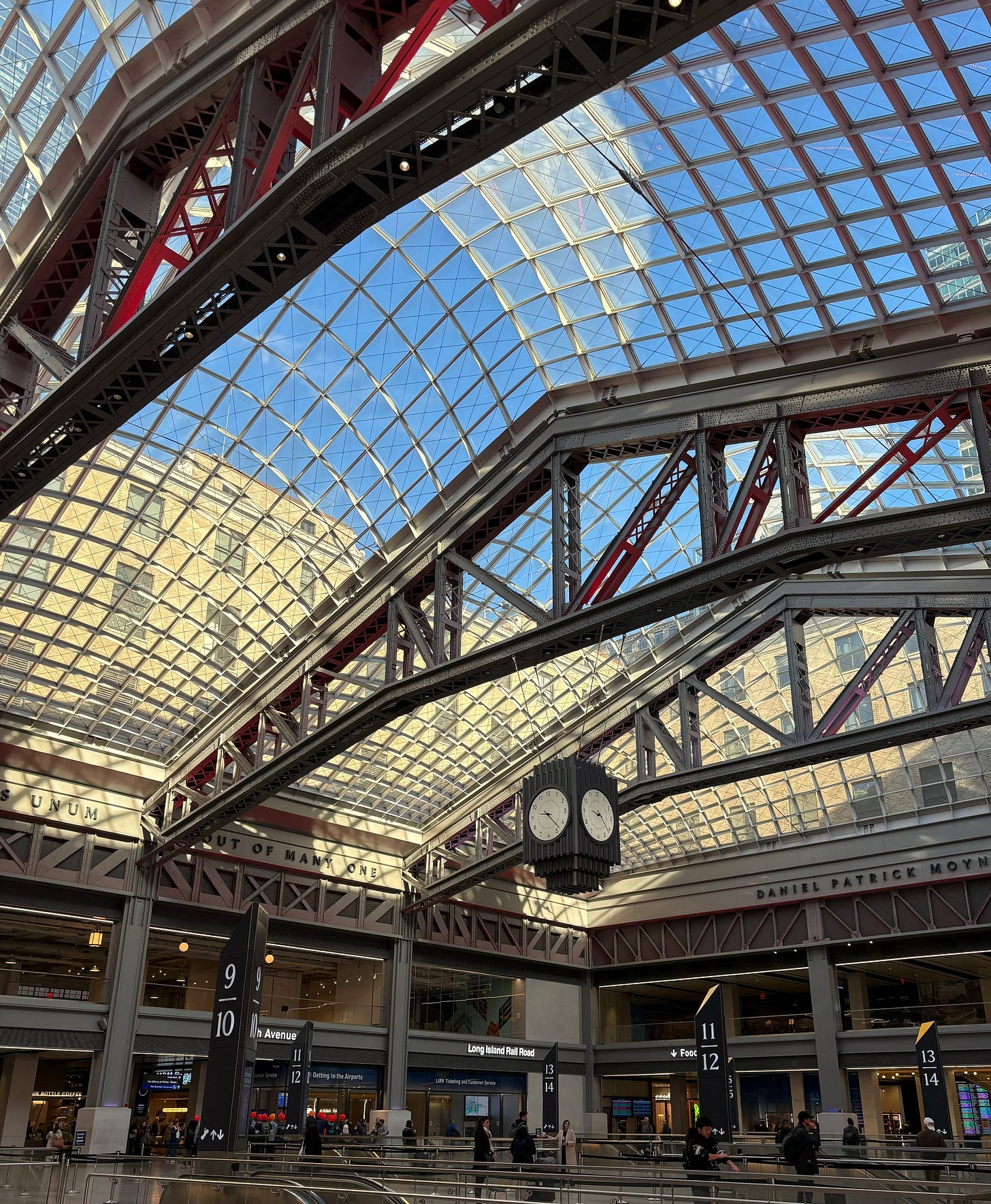How do you define a close friend?
The essayist Joseph Epstein wrote a book about friendship where he described the phone ringing at 2 am. It’s your best friend and he has a favor to ask. Would you mind helping him bury a dead body? No time for details at the moment. Just say yes or no. Epstein insists that he would say yes—and grab a shovel and dig. He does have limits though. Epstein says he wouldn’t mortgage his house for the guy.
Dead bodies and house mortgages don’t come up very often in most friendships (if they do, you might rethink how you pick your pals). But the bigger point is that friends are available to each other—within whatever limits feel right to you. In several studies, men are just as likely as women to say that they want an emotional connection in their friendships, not just someone to watch sports with.
The sociologist and physician Nicholas Christakis, a Sterling professor at Yale, has done extensive work on friendship and social networks. Working with his colleague James Fowler from UC San Diego, he found that if your friends gain weight, you’re likely to gain weight, too. Smoking, drinking, and divorce also spread among friends and along broader social networks.
The researchers found some good news, too. When they analyzed big databases, they concluded that happiness also spreads from person to person—and you’re 25 percent more likely to be happy if a nearby friend is also happy. Viral contagion gets a lot of attention these days, but spreading happiness is the good kind of contagion. Interestingly, sadness does not seem to spread through social networks nearly as efficiently as happiness.
Since connections are so important to our well-being, happiness is more likely to spread when we let friends know they’re appreciated. Recently I had a long conversation with a friend about a family problem that was bothering her. I listened and tried to give some advice—but mostly I just offered support. Later that night, she texted me, “Thanks for your friendship.”
I was surprised by how happy that text made me feel. We all want to be a good friend—and it’s nice when someone recognizes it. I texted back that our friendship was a great joy. I’m currently writing the acknowledgements section for my new book, the page where an author mentions various people who helped nurture the project. I love reading other authors’ acknowledgments pages because after all the dutiful mentions (“thanks to my publisher in Poland…”) they often give a cheer to the people who raise their spirits each day. Friends get mentioned effusively.
Bestselling author Daniel Silva offers his thanks to the many friends who make him laugh, and though his list includes well-known actors, writers, and TV execs, his appreciation is very down-to-earth. Another bestselling author, Louise Penny, often uses just first names to keep her friends anonymous, but you have to smile at noticing “Hillary and Bill” on the list.
However you do it, noticing the power of a friendship can make both of you—and maybe many others—feel more positive. You might think your affection is obvious, but it’s worth saying. Expressing appreciation makes it real. Happiness spreads through social networks when you let friends know you’d do anything for them—except maybe bury a dead body.
Reasons to be happy
My favorite things from Vienna used to be apple strudel and Mozart. But now I’m adding an arts festival called Wienerfest Wochen to the list. Realizing that men composed 98 percent of the classical music performed around the world, they decided to start highlighting the talents of women composers. I went to a kick-off for the program at the Austrian Cultural Forum and met the composer, performance artist, and Pulitzer Prize winner Du Yun (pictured). She’s one of ten women who will be featured at the festival this year—with more ahead. I left with my heart singing.
Takeaway: The most traditional institutions can create the greatest change!
2. The demolition of NYC’s gorgeous Penn Station in 1963 was an architectural travesty. The next Penn Station (the only one I knew) with its low ceilings and grim alleyways made you feel like a trapped rat the moment you entered. But positive change does happen! Taking an Amtrak train recently, I went into the recently rebuilt Moynihan train hall in NYC and felt my spirits soar. High ceilings, streaming light, an architecture to make you happy.
Takeaway: Beautiful buildings do matter!
Thanks for being part of this newsletter. Please subscribe (completely free!) and share with friends. Yes, friends! This is a simple way to let them know you appreciate them.
We’ll keep finding new research and ideas on how to be happier every day.
love, Janice






So the only way I have a friend to call at e am is time zones. Sadly.